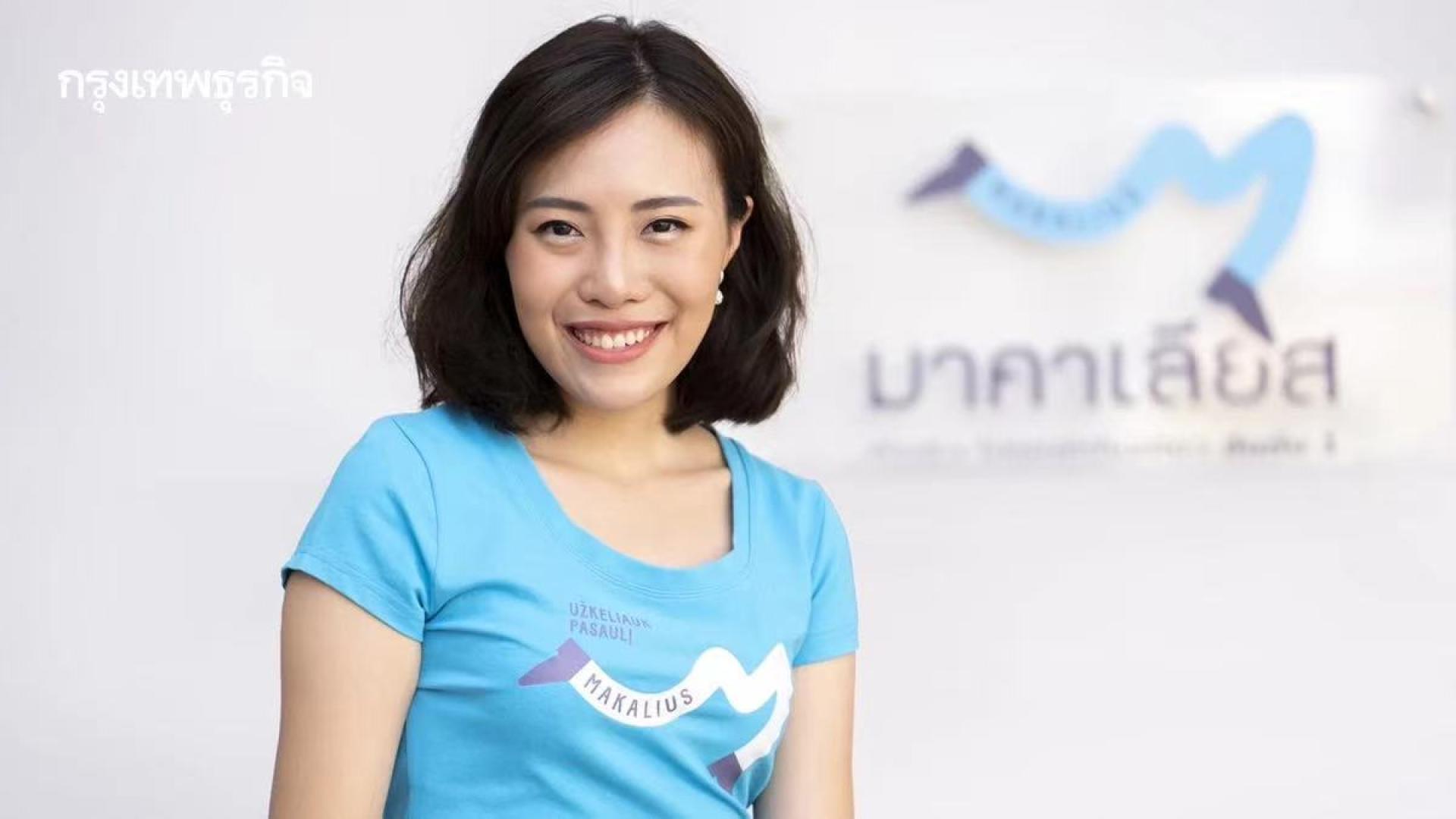(Bangkok, 13th) According to Thai media reports, Makalius, an electronic coupon platform for accommodations, dining, and attractions, has released a survey on customer behavior and satisfaction for the first half of 2025 (January-June). The findings show that “millennial couples” and “small families” have become the main tourist groups in the Thai tourism market, while artificial intelligence (AI) and virtual reality (VR) technologies play a significant role in itinerary planning and accommodation selection.
The Executive Director of Makalius Thailand stated that this survey covered usage data from over 10,000 users, helping the tourism industry adjust its business strategies to meet changing demands. Data shows that about 52% of customers come from Bangkok, followed by Chonburi and Nonthaburi provinces; women account for 68%, mostly millennials aged 28-40, with professions including private company staff, small and medium business owners, and freelancers.
In terms of travel types, 55% of customers prefer “family trips,” 30% prefer “couple trips,” and the remaining 15% choose “group trips with friends.” Most trips are short-distance, focusing on convenience and value for money. Customers’ top demand for accommodation deals is “affordability, not luxury,” with the average coupon spend per purchase around 2,400 baht, and most bookings made about 30 days in advance.
Travel patterns are becoming more stable: 61% of tourists prefer to travel during holidays, and 39% choose to travel on weekdays. The most popular destination is the seaside. Satisfaction surveys show that customers value “value for money” most (40%), followed by accommodation atmosphere (35%). The main areas of dissatisfaction are “hygiene conditions” (45%) and dining quality and taste (35%).
Makalius points out that future tourism trends will emphasize “unique experiences,” with a preference for “frequent short trips” (Micro-cations). AI and VR technologies will play a greater role in information search, accommodation, and destination selection, providing important opportunities for businesses to improve services and attract new customers.
In terms of travel types, 55% of customers prefer “family trips,” 30% prefer “couple trips,” and the remaining 15% choose “group trips with friends.” Most trips are short-distance, focusing on convenience and value for money. Customers’ top demand for accommodation deals is “affordability, not luxury,” with the average coupon spend per purchase around 2,400 baht, and most bookings made about 30 days in advance.
Travel patterns are becoming more stable: 61% of tourists prefer to travel during holidays, and 39% choose to travel on weekdays. The most popular destination is the seaside. Satisfaction surveys show that customers value “value for money” most (40%), followed by accommodation atmosphere (35%). The main areas of dissatisfaction are “hygiene conditions” (45%) and dining quality and taste (35%).
Makalius points out that future tourism trends will emphasize “unique experiences,” with a preference for “frequent short trips” (Micro-cations). AI and VR technologies will play a greater role in information search, accommodation, and destination selection, providing important opportunities for businesses to improve services and attract new customers.
